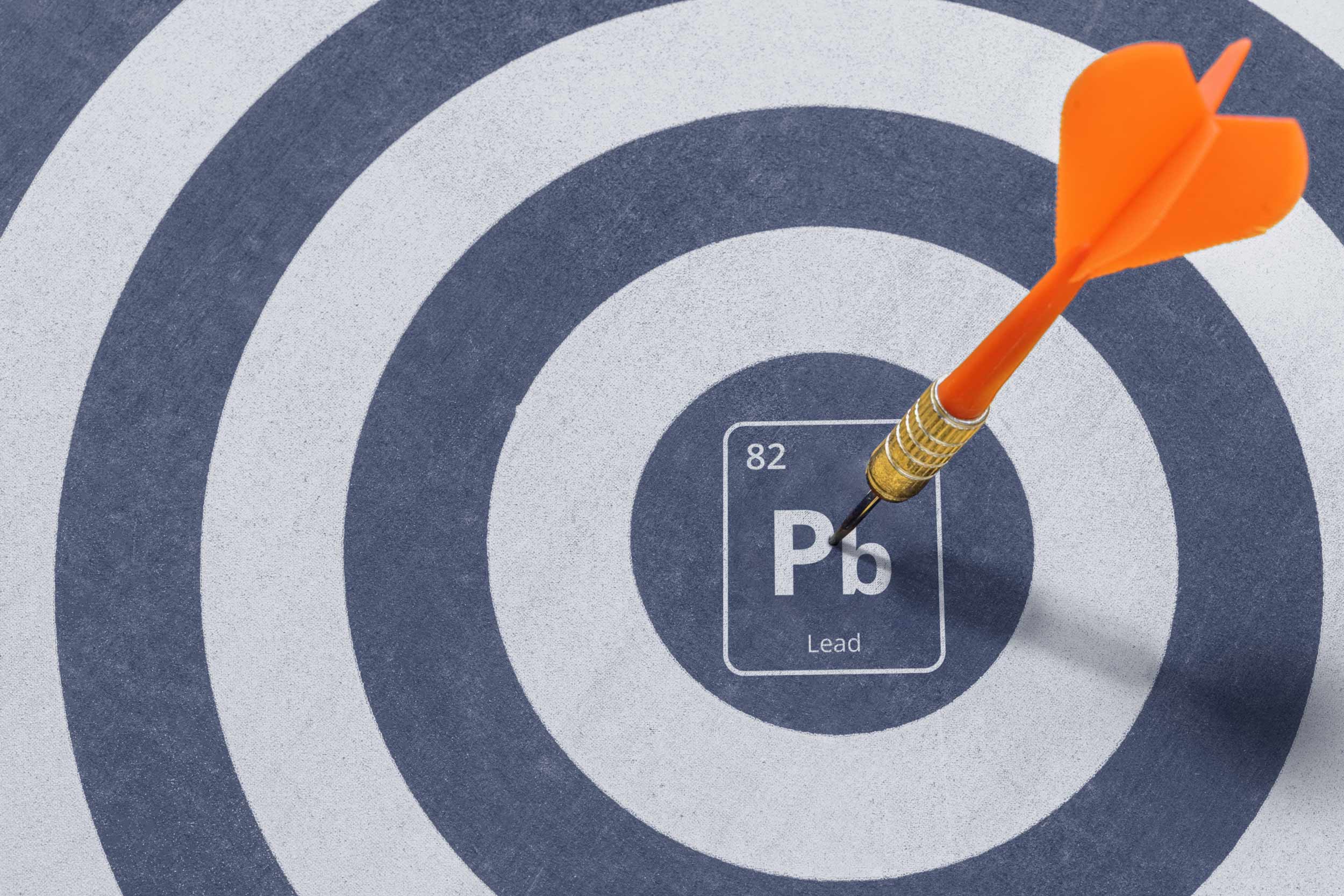“We also observe personality differences in adults who are exposed to lead as children,” Reuben said. “They are slightly more neurotic and slightly less conscientious.
He said these traits tend to “lead to lower levels of wealth, health and happiness over time.”
“We know that there are implications of lead exposure for more basic organ health, so greater rates of hypertension, greater rates of cardiovascular disease risk, things like kidney and liver disease, all of these are implicated in that exposure,” Reuben said.
Methodology
The study team, including researchers at Florida State University, used publicly available data from national lead surveillance surveys and data about consumption of leaded gasoline “to reverse-estimate for Americans alive today what their blood lead levels would have been when they were very young children, which is when we believe the highest exposures happened and when we believe the brain is at its most vulnerable.”
The work was recently published in the Journal of Child Psychology and Psychiatry and has garnered coverage in major news outlets including NBC News, CNN, USA Today and Fortune Magazine.
A Greater Risk of Dementia and What Can be Done
Reuben said the researchers hypothesize there will be greater rates of dementia in people exposed to lead as children. That risk is still being evaluated.
“But if you are worried about your own lead exposure, you could to try to do things to lower your risk of dementia – things like maintaining a healthy diet, avoiding excessive alcohol and tobacco consumption, gaining an adequate amount of sleep – you know, things that will reliably maintain brain health as we age,” he said.
The problem of lead in the atmosphere is far from over. Although outlawed as an ingredient in paint and gas in the 1970s and 1980s, Reuben said the world is “mining, producing and consuming more lead today than at any point in human history.”
Much of that lead is used to make car batteries and must be handled properly to prevent environmental contamination.
“All that lead is going to go somewhere. And I’m very skeptical that it is going to be safely recycled in most settings,” he said. “We need to stop using lead when there are good alternatives that are safer. End of discussion.”











